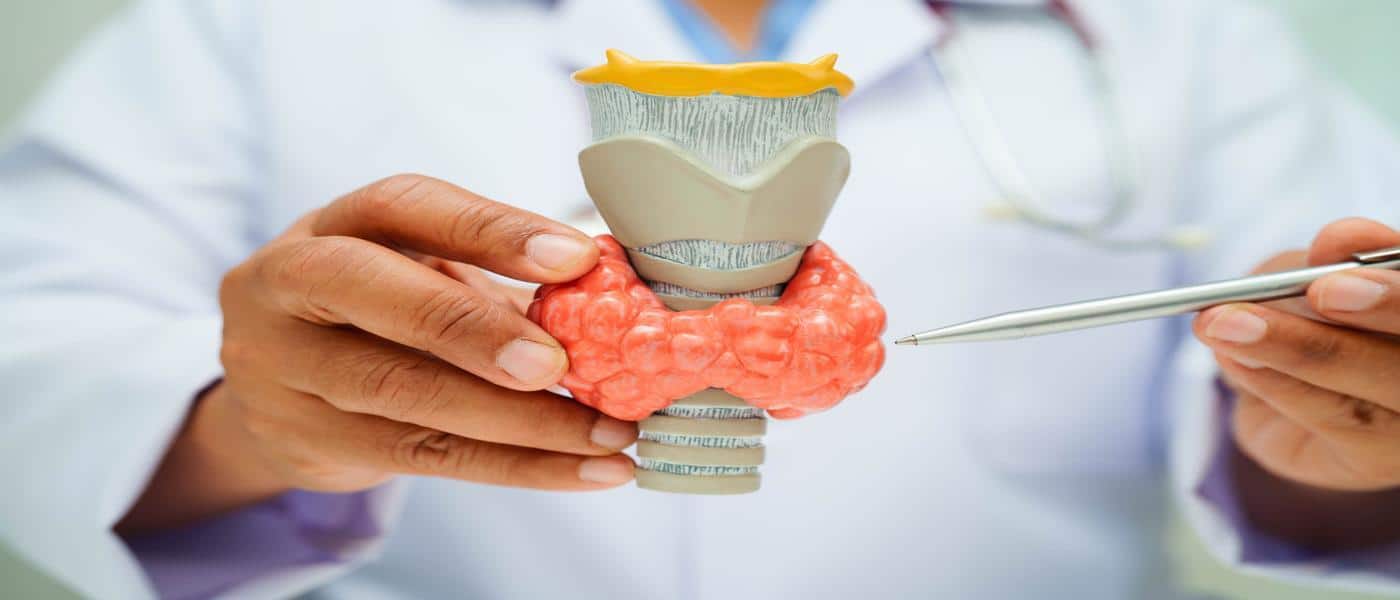Appointment
Please Select the type of appointment you would like to book
Thyroid Disease and Artificial Intelligence Fri , May 30

About the Health Information
Our Health information will help you stay up to date on what is happening in health care. We bring you news/information/perspectives around health care innovations, preventive medicine, early diagnosis, nutrition and diet, women’s health, men’s health, children’s health, latest technologies, treatments and surgeries, diseases and conditions, fitness and more.
Popular Posts

Six daily shoulder exercises for arthritic pain

Shoulder Arthritis and its types

Stress and how to beat it
Categories
- Cancer
- Cardiac Care
- Children's Health
- Covid-19
- Diabetes
- ENT
- Health Emergencies
- Health Tips
- Hernia
- Hospitals
- Interventional Pulmonology
- Kidney Stone
- Medical Emergency
- Men's Health
- Neuro Care
- Oral Cancer
- Orthopaedics
- Spine Care
- Stroke
- Transplants
- Women's Health
- World Brain Day
- World Health Day
- World Hearing Day
- World Kidney Day
- World Sleep day
- World Vaccination Day
What is Thyroid Disease?
-
Thyroid disorders involve various conditions that impact the thyroid gland, a butterfly-shaped organ situated at the base of the neck. By creating hormones like T3 and T4, the thyroid significantly controls metabolism, energy levels, heart rate, and body temperature.
Common thyroid disorders comprise:
-
- Hypothyroidism
- Hyperthyroidism
- Thyroid nodules
- Thyroid cancer
Over 200 million people worldwide suffer from these conditions; many cases remain undetected or misdiagnosed because of either overlapping or subdued symptoms.
Symptoms of Thyroid Disorder:
-
Symptoms differ depending on the type and severity of the thyroid disorder:
- Hypothyroidism: Depression, dry skin, weight increase, weary, cold sensitivity.
- Hyperthyroidism: Weight loss, heat sensitivity, anxiety, shakes, fast heart rate—hyperthyroidism
- Thyroid Nodules: Usually benign, but big nodules could make breathing or swallowing difficult.
- Thyroid cancer includes a neck tumor, ongoing hoarseness, swelling lymph nodes.
Preventing consequences mostly depends on early diagnosis. Standard lab testing and imaging, however, do not always find problems in time.
Factors of Cause and Risk
-
There are several causes for thyroid disease:
- Hashimoto’s and Graves’ diseases are autoimmune disorders of the thyroid.
- Iodine imbalance, either excess or deficit
- Radiation exposure
- DNA inclination
- Benign or malignant development
Age, gender are more common in women and family history also affect risk.
-
Methods Thyroid Disease Diagnosis:
- Blood tests that assess TSH, T3, and T4 levels.
- Ultrasounds to evaluate nodules or gland enlargement
- For doubtful nodules, fine-needle aspiration (FNA)
- Certain times, radioactive iodine absorption tests
Still, without sophisticated tools, diagnosis can be delayed or erroneous; here is where artificial intelligence finds application.
How Artificial Intelligence Improves Thyroid Management?
-
AI in Image Analysis
Highly consistent thyroid ultrasound picture analysis enabled by artificial intelligence These systems identify minor anomalies and use TI-RADS criteria to help classify nodules, therefore producing:
- Minuted pointless biopsies
- Earlier thyroid cancer discovery
-
Modeling Predictive Risk
Using electronic health records (EHRs), artificial intelligence searches for thyroid disease risk factors. This is beneficial:
- Flag patients for more careful observation.
- Project recurrence in thyroid cancer survivors
-
Hormone Therapy Optimizing
By modelling hormone response patterns, artificial intelligence helps hypothyroid patients’ levothyroxine dosage adjustments.
Benefits consist in:
- Better symptom management
- Less side effects
-
Smarter lab interpretation
Automatically interpreting thyroid hormone levels (TSH, T3, T4), AI-integrated lab systems notify doctors to anomalies and offer diagnostic recommendations sooner.
Advantages of artificial intelligence in thyroid medicine
-
- Enhanced malignancy and nodule diagnosis accuracy
- Quicker clinical judgement and test interpretation
- Customized treatment grounded in personal information
- Improved medicine compliance using digital tools and reminders
- Remote hormone level and symptom monitoring
These developments complement proactive management as well as chronic care plans.
Real-World Applications and Research:
-
Prominent hospitals and academic centers are including artificial intelligence in:
- Staging thyroid carcinoma and planning of treatment
- Radiologic interpretation under limited resource conditions
- Clinical decision assistance tools for endocrinologists
Considerations and Challeges:
-
Though artificial intelligence offers great promise, some issues must be addressed:
- Secure handling of patient records with strict data privacy.
- Algorithm leaning toward non-diverse training sets
- Demand for regulatory approval for past-clinical application
- Training for doctors to properly adopt tools
Patient trust and safety depend critically on ethical application and openness.
The Future of Thyroid Disease Management:
-
Along with other technologies artificial intelligence is developing:
- Wearable devices used for continuous hormone monitoring.
- Apps for mobile health that report symptoms
- Real-time monitoring biosensors and smart pills
- Genetically based artificial intelligence techniques for individualized treatment
These interactions point to a time when precision thyroid medicine data-driven, tailored, and easily available will rule.
In summary
-
Artificial intelligence is transforming the management, diagnosis, and treatment of thyroid disorders. From speedier diagnosis to customized therapy and continuous monitoring, artificial intelligence helps healthcare providers deliver more exact, timely, and efficient treatment.
Their integration into thyroid treatment will enable millions of people to lead better-managed thyroid problems and healthy lives as these technologies develop.
If you or a loved one is living with a thyroid condition, trust MGM for expert care and cutting-edge treatment.
Schedule a visit or consultation today – because your health matters most.
Connect with our experts at MGM Healthcare.
Phone Number – 044-45242407

 In-person Consultation
In-person Consultation Online Video Consultation
Online Video Consultation Treatment Enquiries
Treatment Enquiries Find a Doctor
Find a Doctor Access the Patient Portal
Access the Patient Portal +91 44 4524 2407
+91 44 4524 2407  Minimal Access GI & Bariatric Surgery
Minimal Access GI & Bariatric Surgery Multi-Visceral and Abdominal Organ Transplant
Multi-Visceral and Abdominal Organ Transplant Neurology
Neurology Spine Surgery
Spine Surgery Total Knee replacement
Total Knee replacement Anaesthesiology & SICU
Anaesthesiology & SICU Paediatric Cardiology
Paediatric Cardiology Emergency Na MGM
Emergency Na MGM IVF
IVF Oncology Treatments
Oncology Treatments